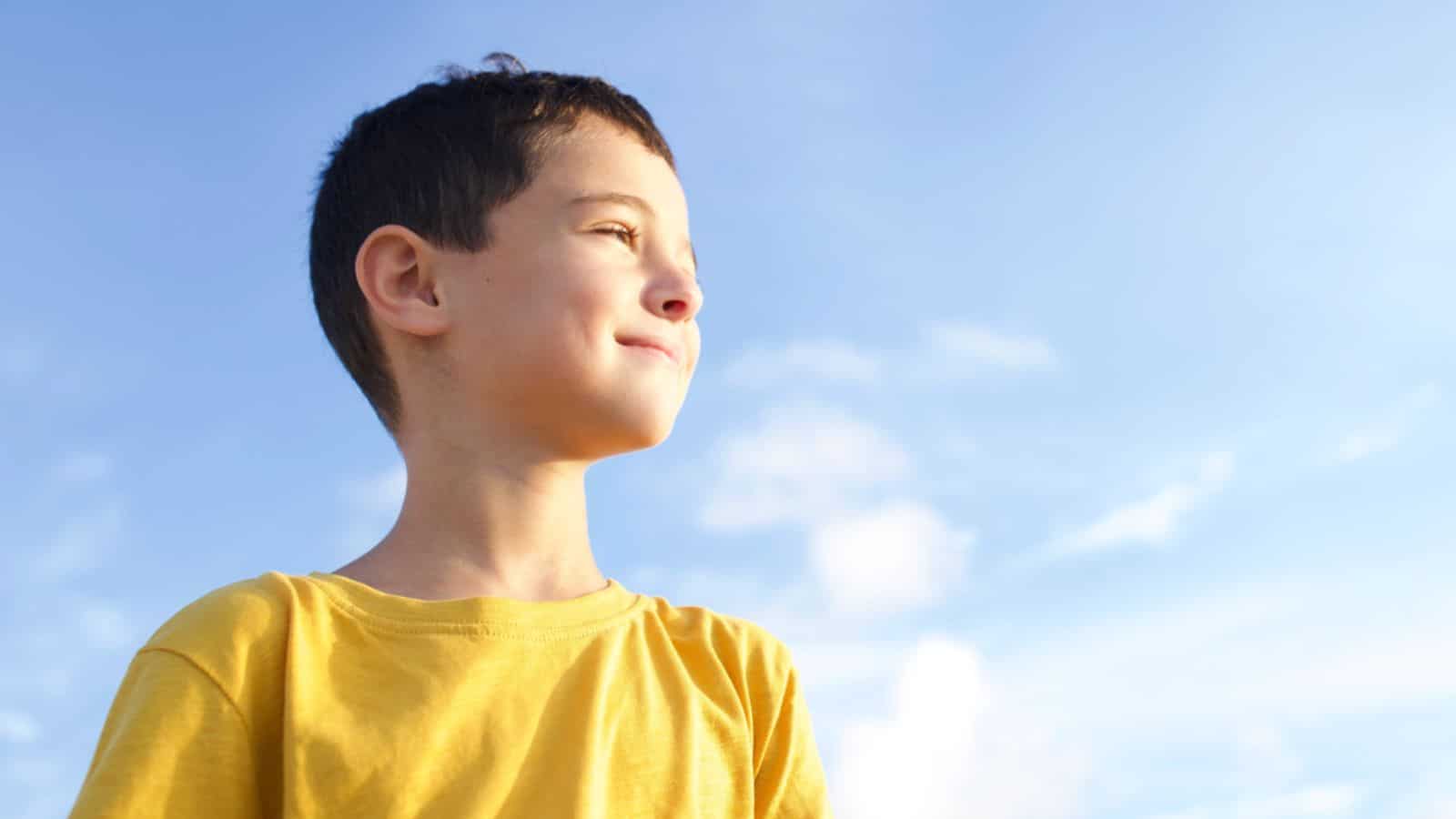You probably know whether or not you had a stable childhood, but sometimes the waters get muddied. You might find yourself either gaslighting yourself into thinking you didn’t have it so bad or being overly critical of your parents, who were trying their best and giving you everything they could. Above all else is support, acceptance, and love.
It’s important to note that not every parent is able to give all of the below things. You could have had wonderful, loving parents who simply couldn’t afford to expose you to the world through travel or couldn’t feed you organic vegetables with every meal. On the flip side, you could have grown up eating the most delicious, healthy homemade meals three times a day, taken to the doctor whenever you were sick, and shown culture through museums and travel, and still struggled when it came to receiving proper love and empathy from your parents. None of these factors are catch-all, but they may have contributed to a supportive childhood that shaped you into the person you are today. Here are 19 indicators that you had a good upbringing.
Love and Affection

This is, of course, the most obvious one and arguably the most meaningful. The amount of love you receive as a child shapes your future feelings of self-worth. If you are taught from a young age that you deserve unconditional love, you may not always feel that way growing up, but you’ll certainly be better off than those who didn’t have this basic need met.
Feelings of Security
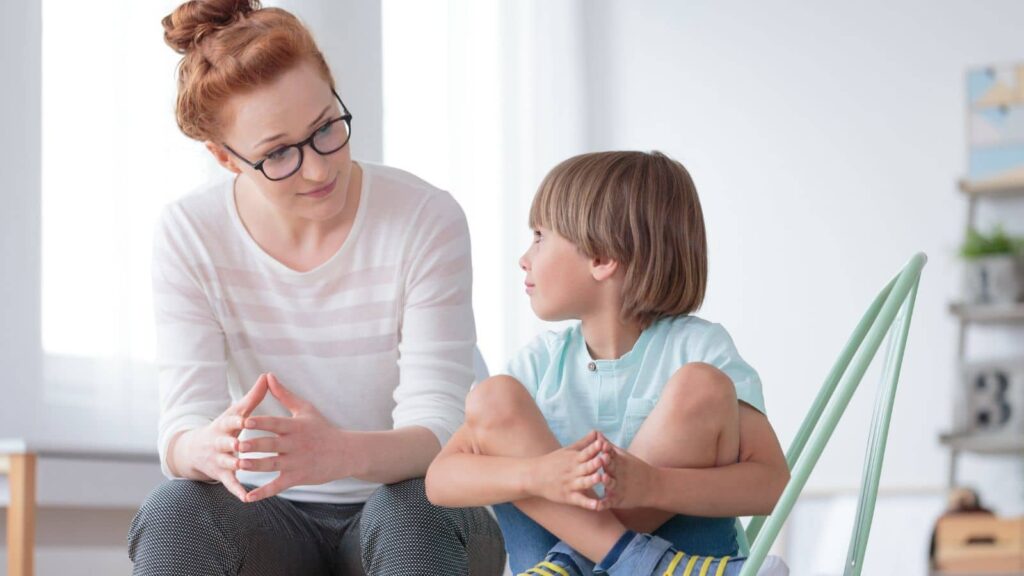
Feeling safe and secure is integral to a healthy childhood. If you were able to trust your parents to show up for you, to take care of you, and to love you, you were fortunate. Many children grow up unsure of if their parent is going to get violently angry, if they will have food to eat, and if they will be listened to.
Stable Relationships
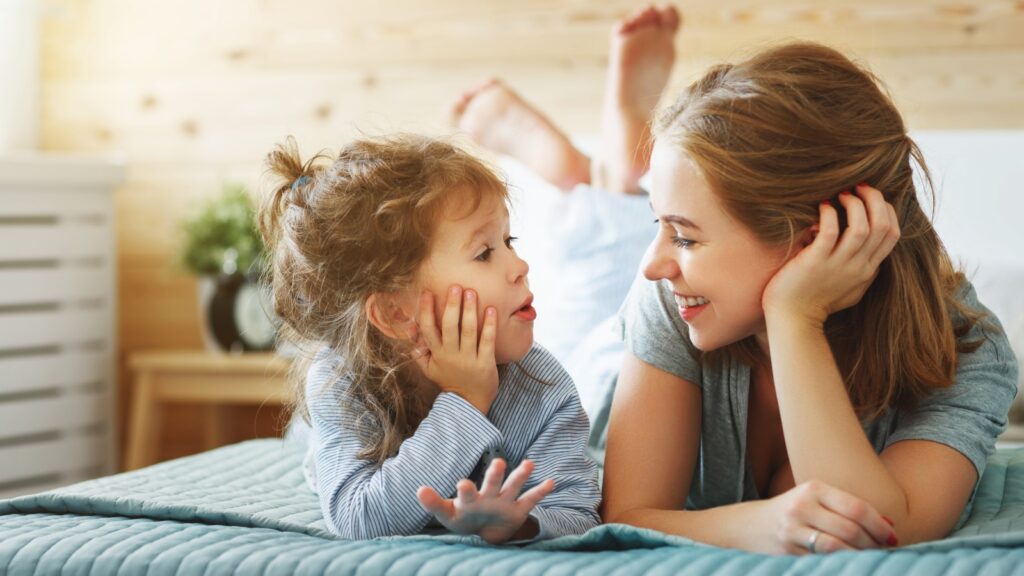
Both personally experiencing and witnessing healthy relationships are important for children. Those early relationships serve as models for what we seek out and accept later in life. If you grew up witnessing respect between your parents, feeling safe and valued by your family, and more, you were in better shape to develop healthy dynamics as an adult.
Freedom to Explore Identity
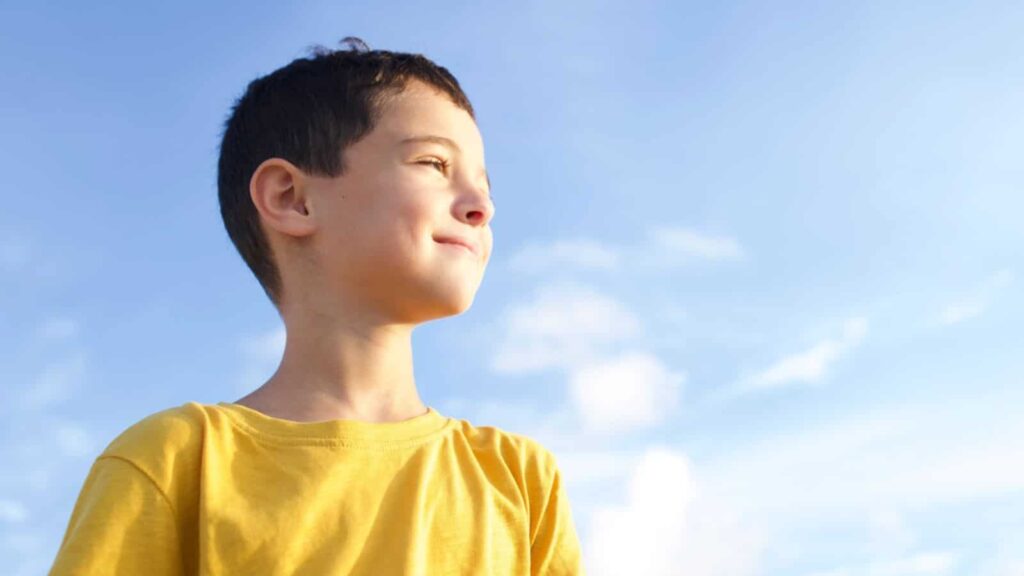
This can manifest in many different ways. If your caretakers encouraged you to dress how you wanted regardless of gendered expectations, this is a big signifier of such encouragement. They also might have allowed you to pursue hobbies or school interests that compelled you. This freedom is truly a great gift.
Socialization Skills
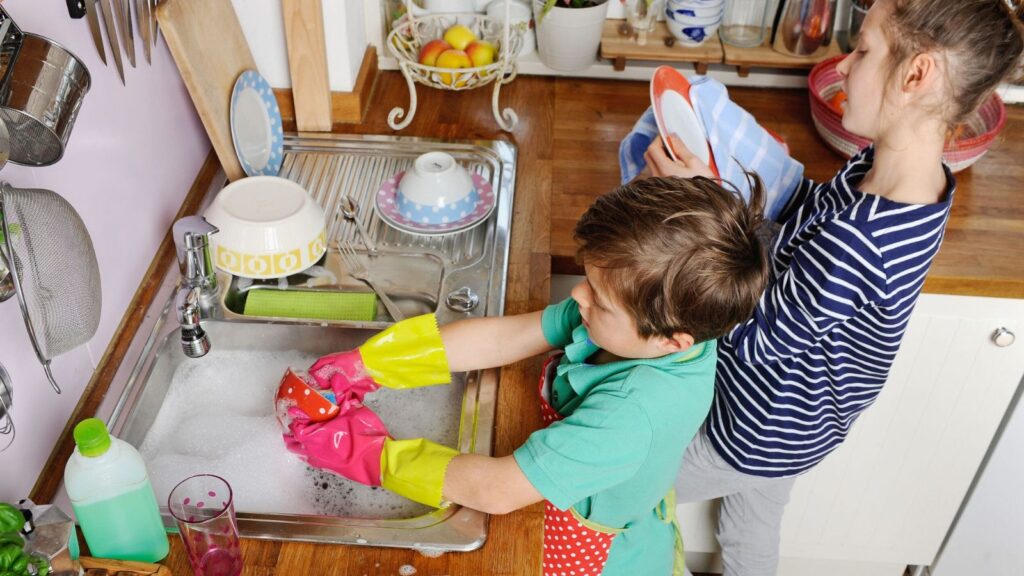
Socialization is not necessarily effortless for everyone. A good childhood involves spending time with peers, even though, at times, it can be hard and lead to bullying and other negative outcomes. Regardless, it is essential for children to spend time with other kids their age and learn how to form those natural bonds. This is the only way they will learn how to function in society.
Opportunities for Growth and Success

Again, this is something even the best parents might struggle with if hindered by financial obstacles. But if you grew up knowing your family was working hard to give you the opportunities for success in education or other passions, you were fortunate.
Exposure to Nature

The best memories of your childhood likely took place outdoors, and that’s because being in nature is good for the soul. Children need that sort of nourishment in similar ways that we do now. Fresh air and feeling connected to one’s environment is humbling and grounding.
Good Education

There is a reason why U.S. law requires children to attend school until age 16 (laws vary based on state and can be made exceptions to certain groups such as the Amish). Education stimulates mental activity and assists with growth and development, and without it, we’d be left with a bunch of illiterate adults. You may have had a supportive childhood if your parents prioritized your education and encouraged constant curiosity and learning.
Discipline
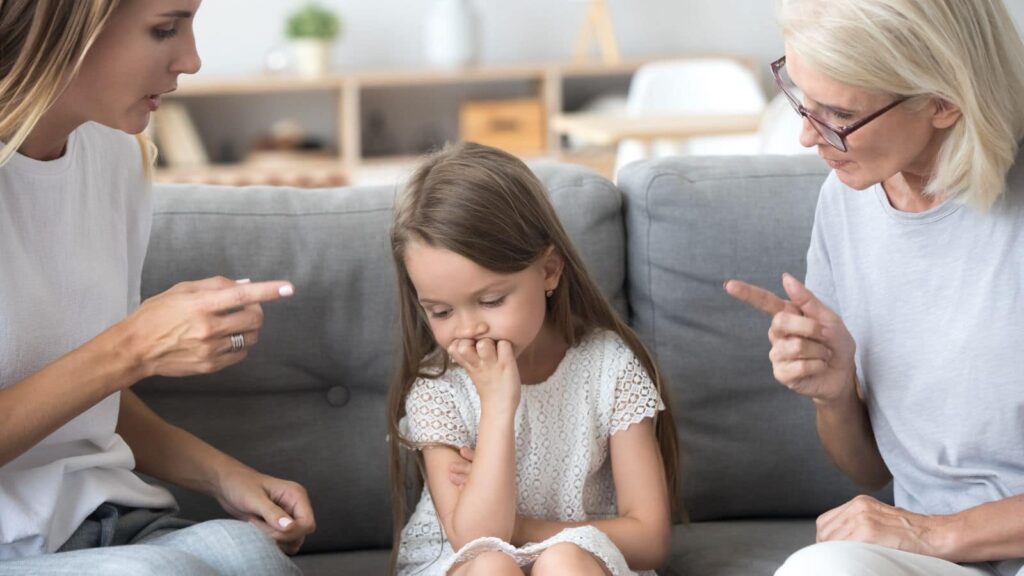
Think about the most obnoxious adult you know. Have you ever thought to yourself that their parents probably never told them “no,” and that’s why they’re so entitled? Discipline can be a polarizing subject, especially when it comes to spanking or other physical punishment, but children need to be taught that they can’t do or have whatever they want. It’s important to learn those boundaries at a young age to use the skills later in life.
Nutritious Meals

Proper nutrition supports both physical health and cognitive development, so having a healthy diet is significant when it comes to a child’s growth. As was mentioned, some parents can’t afford to feed their children all-natural, organic meals, but you know you were loved if your caretakers made an effort to feed you healthy meals, even if you refused to eat some of the green stuff.
Emotional Regulation

This is essential to a child’s development into a well-adjusted person. Learning to cope with stress and other negative feelings in a healthy way is a skill they will continue using their entire lives. Good parents try and help their kids learn how to handle bad feelings in ways that won’t cause more harm.
Exploration and Discovery
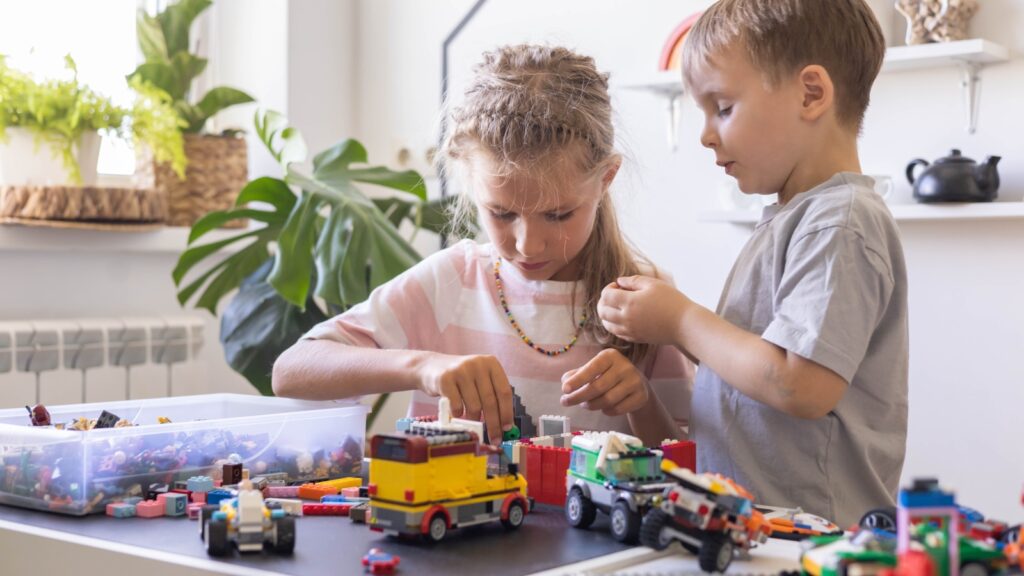
That mental stimulation that comes from exploring the world around them is irreplaceable, and children are inherently curious. Learning through exploration is the best way for kids to get a well-rounded understanding of their environments, and it also encourages them to utilize their imaginations.
Physical Activity
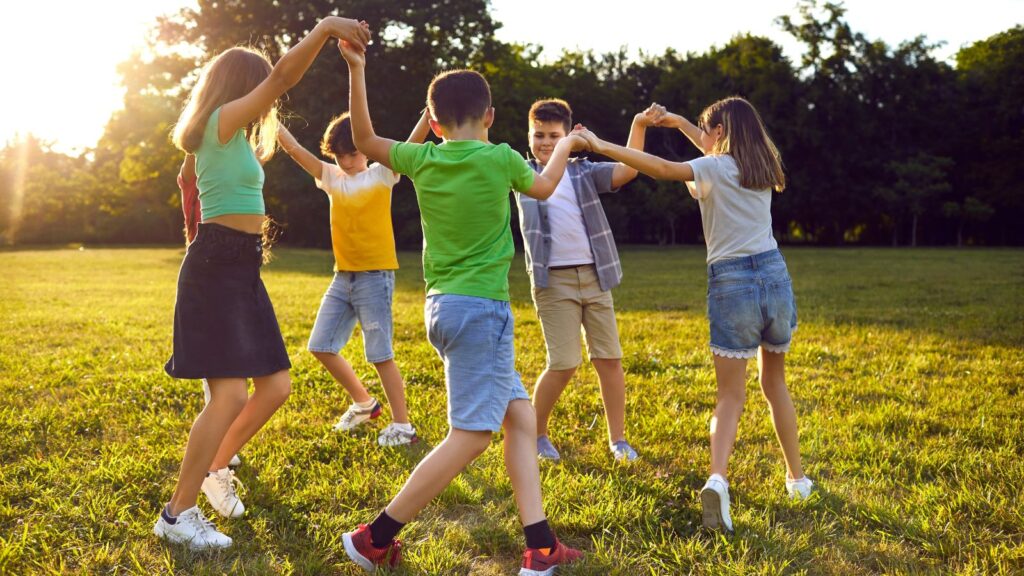
According to the CDC, children and adolescents ages 6-17 need approximately an hour of physical exercise every day. This is directly correlated with improved cognition, like academic performance and memory, and lower levels of depression.
Access to Healthcare

In the U.S., not everyone has access to healthcare. Most full-time employers offer healthcare to their employees, and there are government assistance programs for certain populations, but a decent amount of people struggle to get health insurance. Therefore, some parents genuinely can’t afford to take their child to the doctor or dentist regularly. If your parents prioritized your health, regardless of economic status, that speaks to their care for you.
Room for Creative Expression
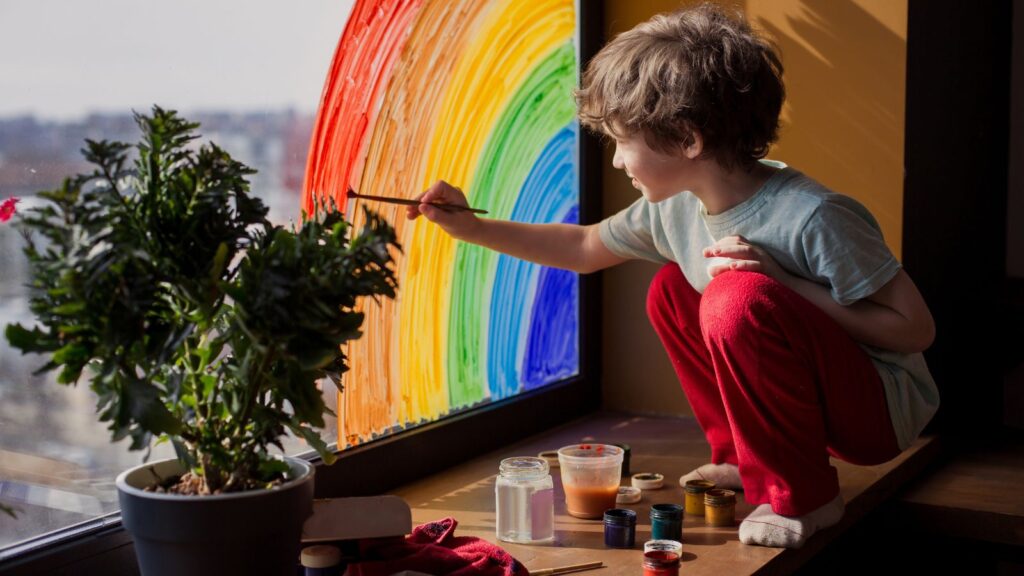
Children should be encouraged to explore their artistic sides, whether it be ballet, painting, guitar, or something else entirely. If your parents had the means and chose to provide you with opportunities to try out different creative hobbies, that is a wonderful thing. It means they wanted you to find your passion.
Positive Reinforcement

As much as discipline is important, so is positive reinforcement. Discipline alone instills fear, while a healthy balance with rewarding good behavior shows a child what sort of behavior they should be displaying. It teaches them that if they do good, good things happen.
Good Role Models

Children need positive role models in their lives so they have something to emulate. If kids are only around people who are inconsiderate, irresponsible, violent, or cruel, they won’t have a chance to know or be anything else.
Balance Between Play and Rest
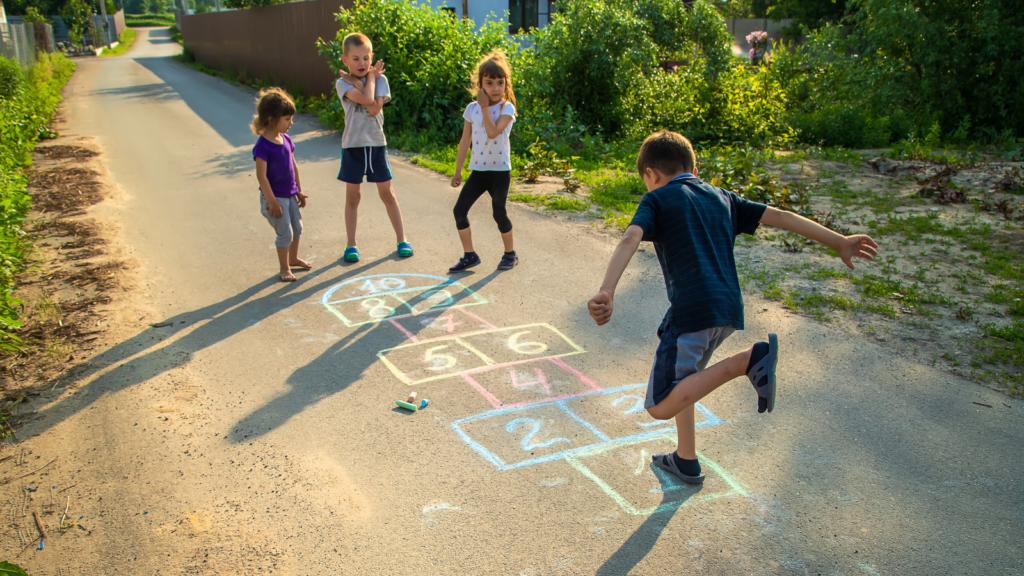
It’s essential to balance structured activities with unstructured activities because even children, who at times seem to have boundless energy, can get burnt out. You were fortunate if your parents were attuned to your needs in this way and built time into your schedule for both these things so you could learn how to be a good, well-functioning human while still being a kid.
Cultural Exposure
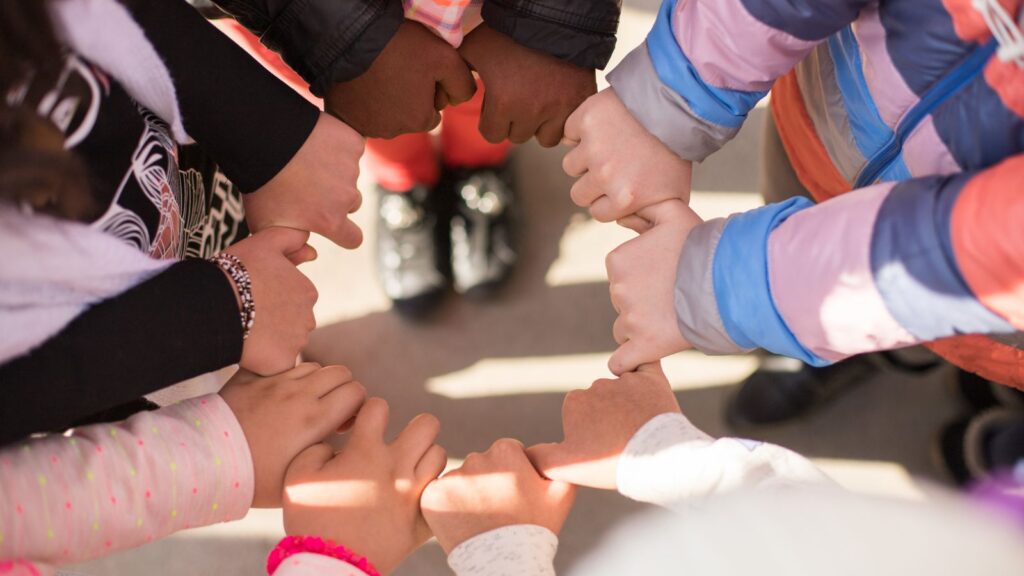
Being exposed to different cultures fosters open-mindedness that will ideally stick throughout a person’s life. Being comfortable with people of different races, sexualities, religions, and more is key to building a just and equal world, and introducing a child to diversity young lays the groundwork for an accepting and loving person.
30 Traditional Sayings That Are Now Considered Offensive by Woke Culture

30 Traditional Sayings That Are Now Considered Offensive by Woke Culture
21 Habits Often Associated With Having a Lower Social Status

21 Habits Often Associated With Having a Lower Social Status
25 Social Issues Gen Z are Determined to Cancel

